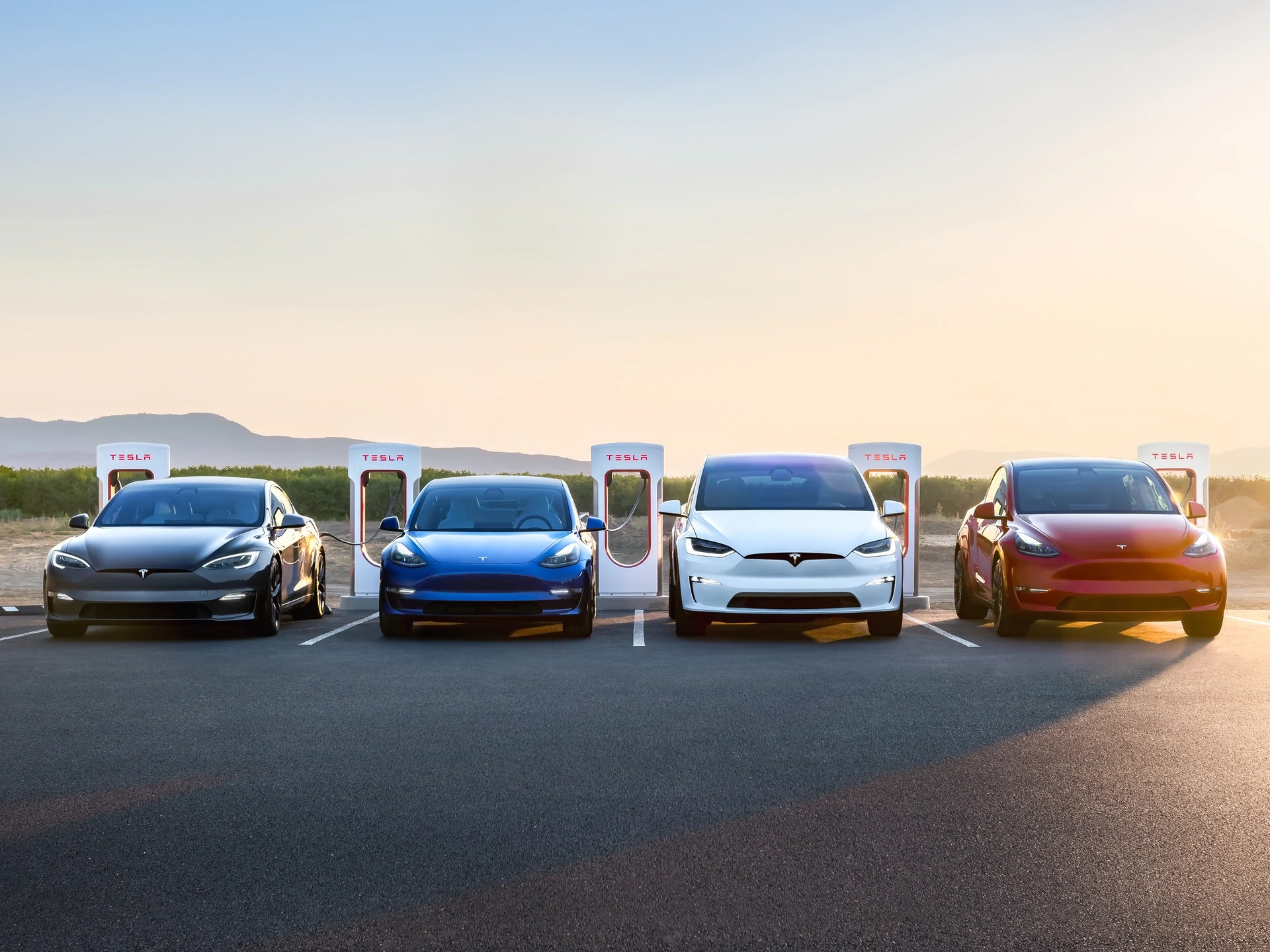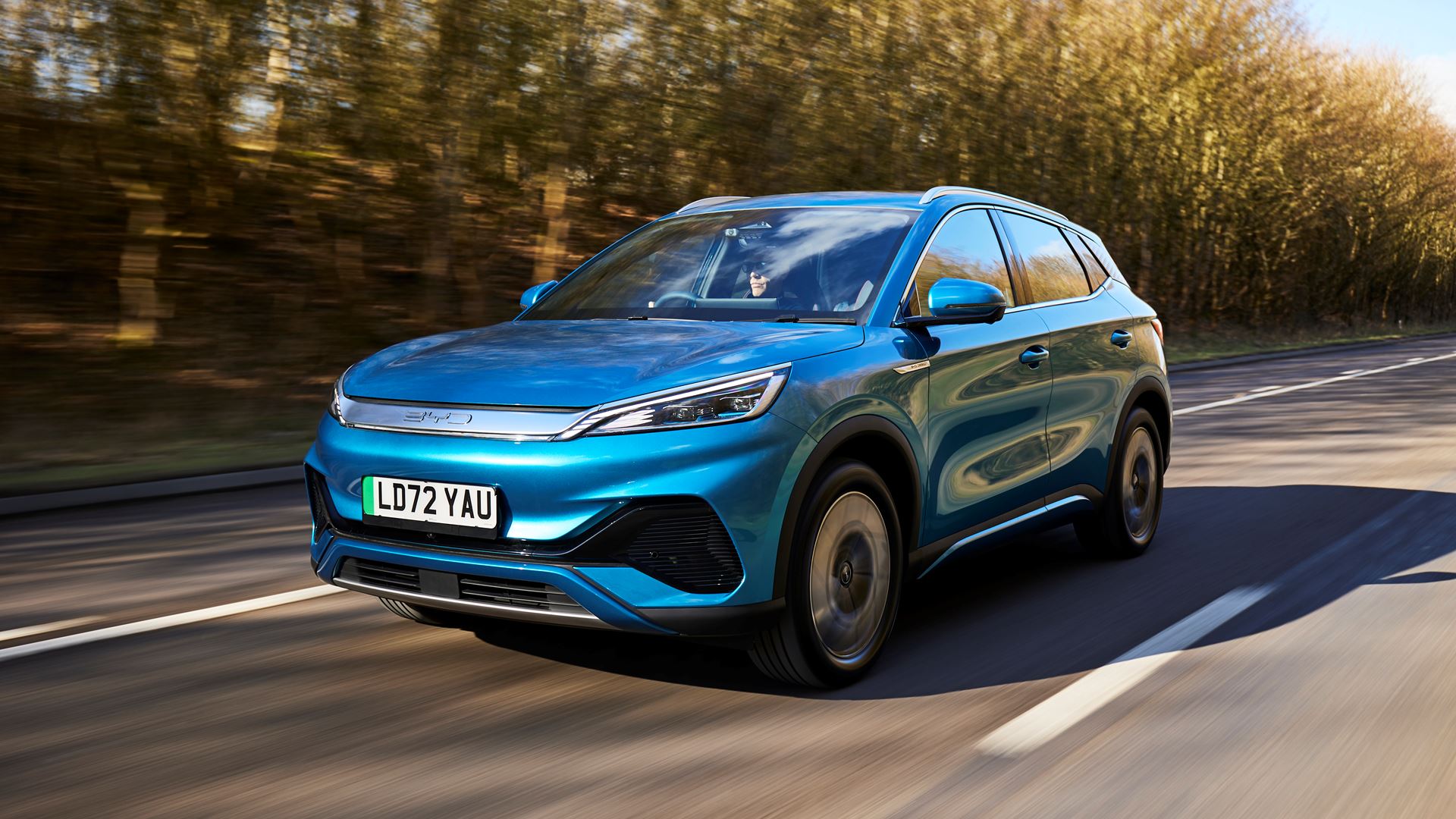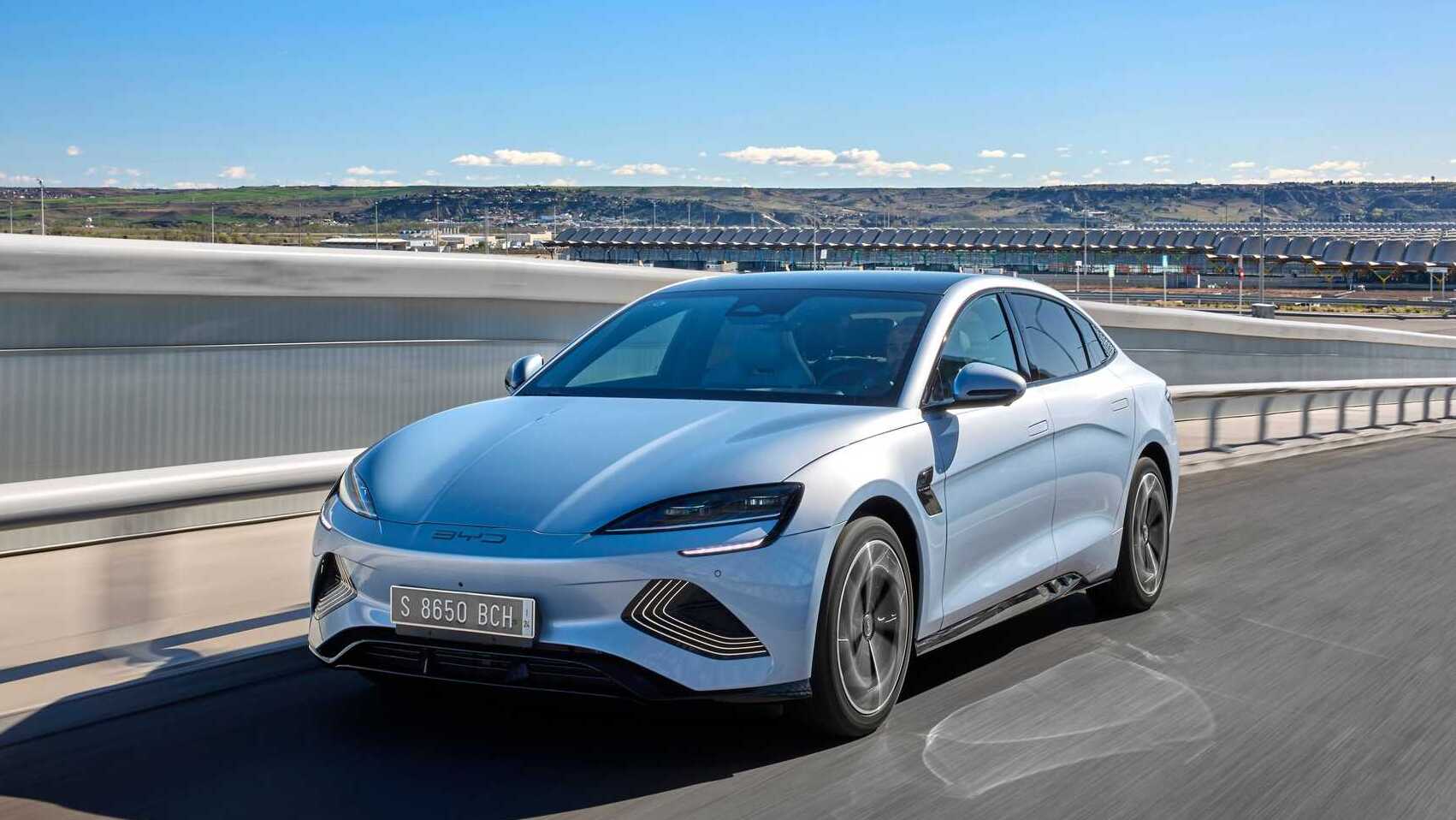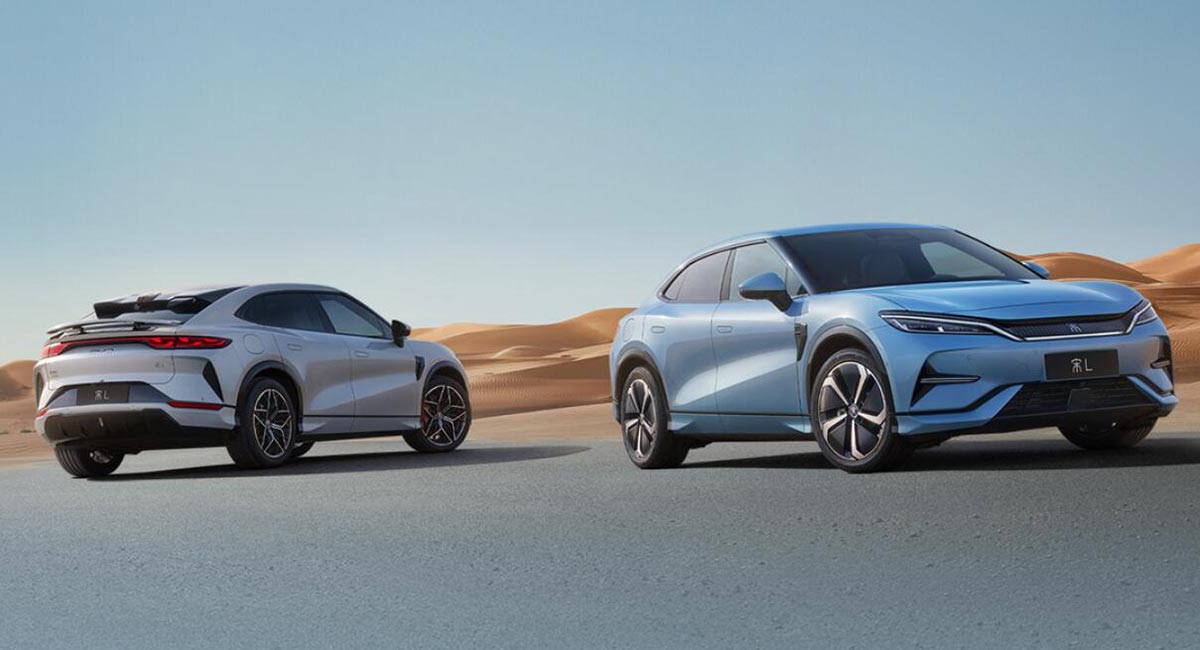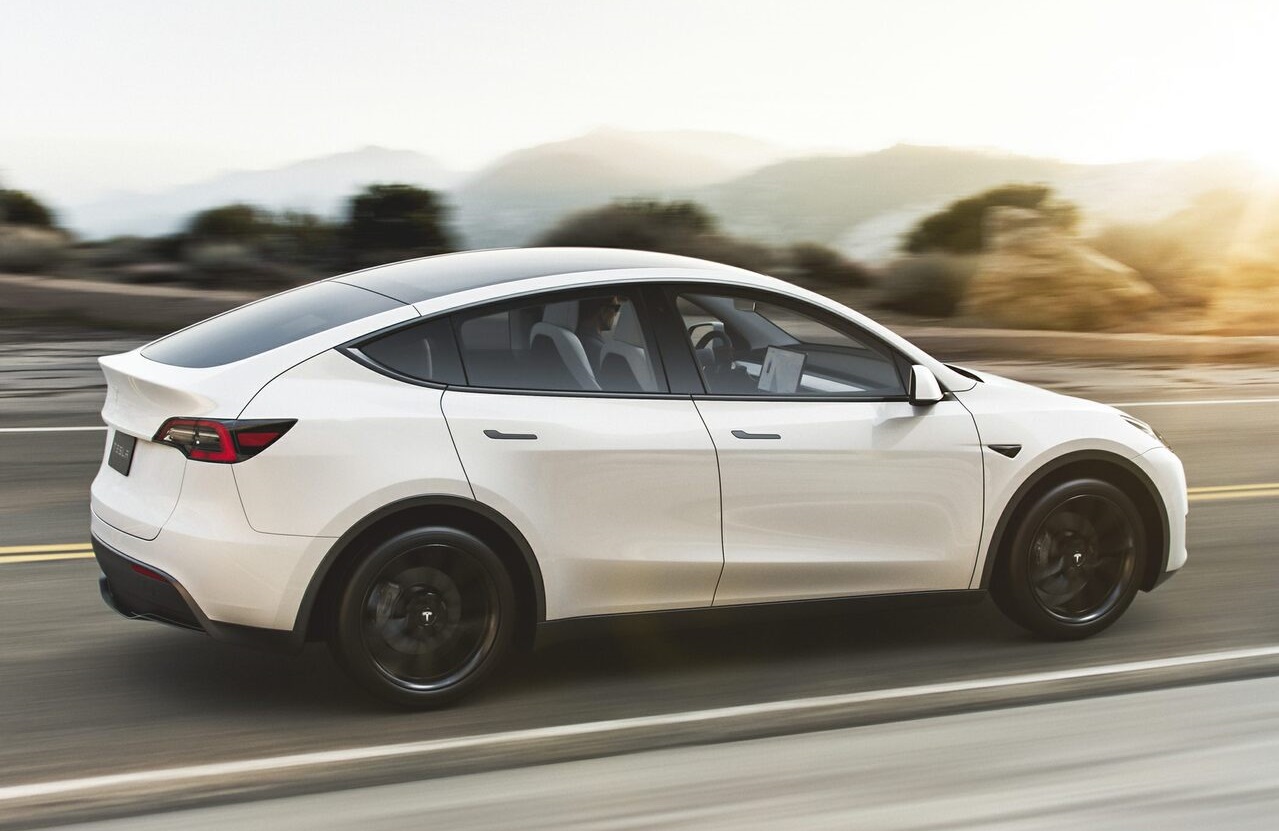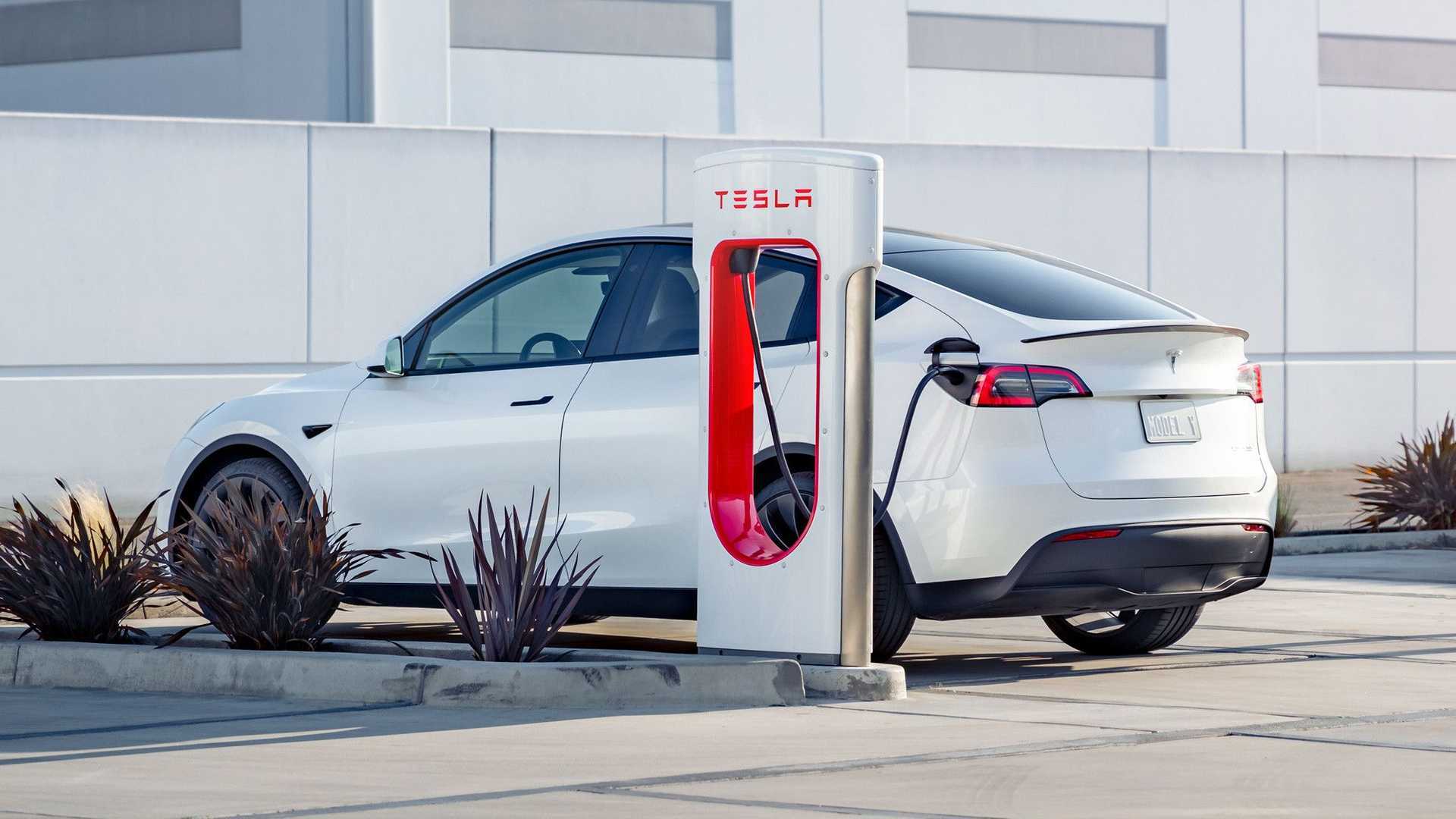Tesla experienced a 10% decline in vehicle registrations in California during the fourth quarter of 2023, marking the first dip in over three years. Notably, this downturn occurred despite the absence of pandemic-related factors, raising questions about the potential shift in consumer preferences and market dynamics.
Data from the California New Car Dealers Association reveals that Tesla registered 47,592 vehicles in the last quarter of 2023, down from 52,782 in the same period the previous year. While Tesla’s overall vehicle sales increased by 24.6% for the full year, the decline in registrations indicates a changing landscape in the electric vehicle (EV) market, with traditional automakers competing for a larger share of the growing EV segment.
See also: Tesla Reports 71,447 China-Made Vehicle Sales in January, Reflecting 8.17% Year-on-Year Growth
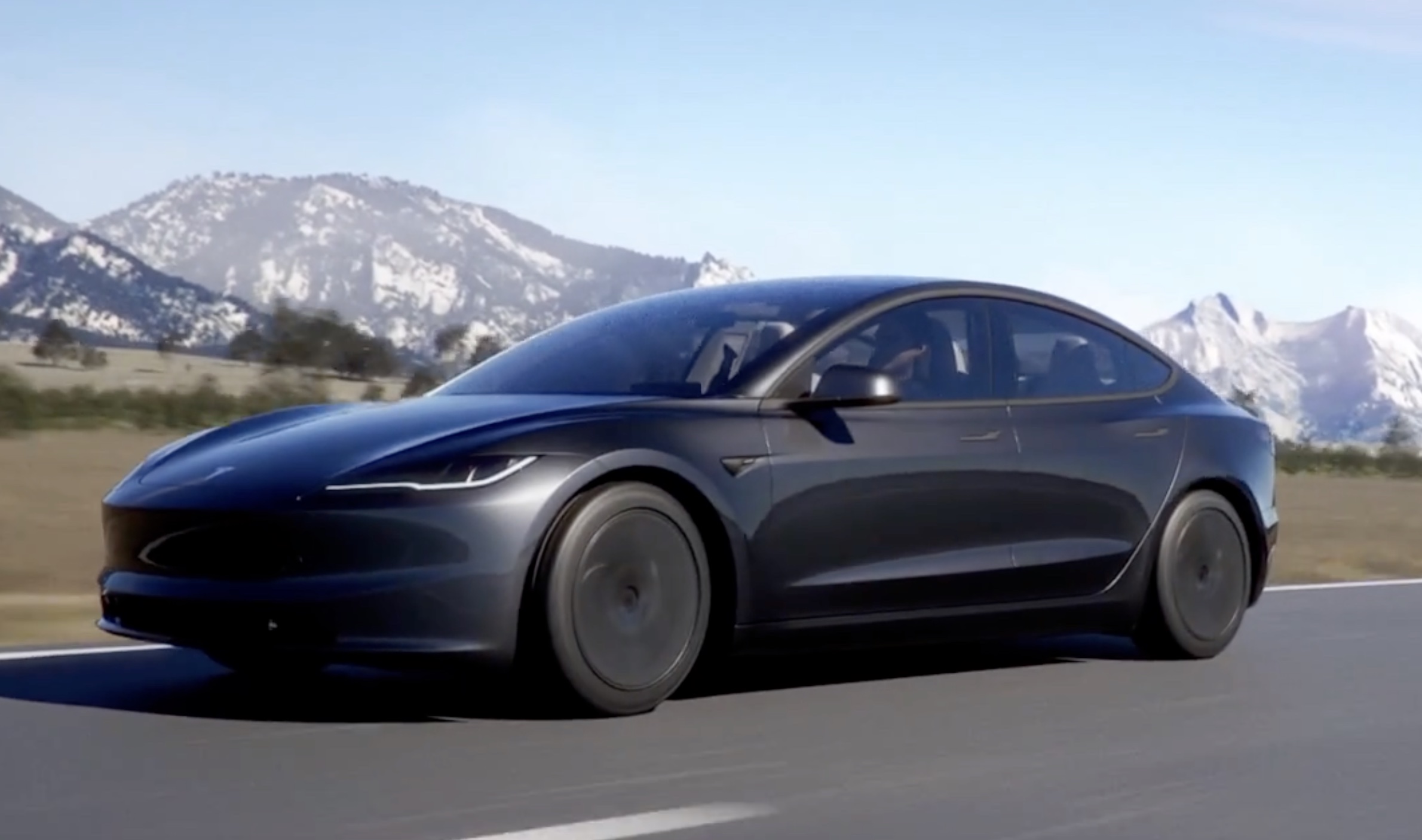
Despite this setback, both the Model Y and Model 3 maintained their positions as the top-selling vehicles in California throughout 2023, holding substantial leads over competitors. Tesla’s CEO, Elon Musk, attributes the registration decline to high-interest rates, resulting in increased monthly payments that have dampened demand for Tesla’s EVs. Despite attempts to counteract this by reducing prices, the impact on registrations suggests broader challenges.
Analysts speculate that Musk’s controversial actions and statements may also contribute to a cooling interest in Tesla vehicles among certain demographics. Additionally, heightened competition from established automakers such as Chevrolet, Ford, Hyundai, Mercedes-Benz, and BMW further challenges Tesla’s dominance in the EV market.
In 2023, Tesla still commanded a significant portion of the EV market in California, representing 60.5% of registered EVs. However, this marked a 10.5 percentage point decrease from the previous year. While it is premature to sound alarm bells, the substantial shift underscores the need for Tesla to adapt its strategy to navigate an evolving landscape.
See also: Tesla to Introduce Adaptive Headlights in Model Y and Legacy Model 3 through Software Update
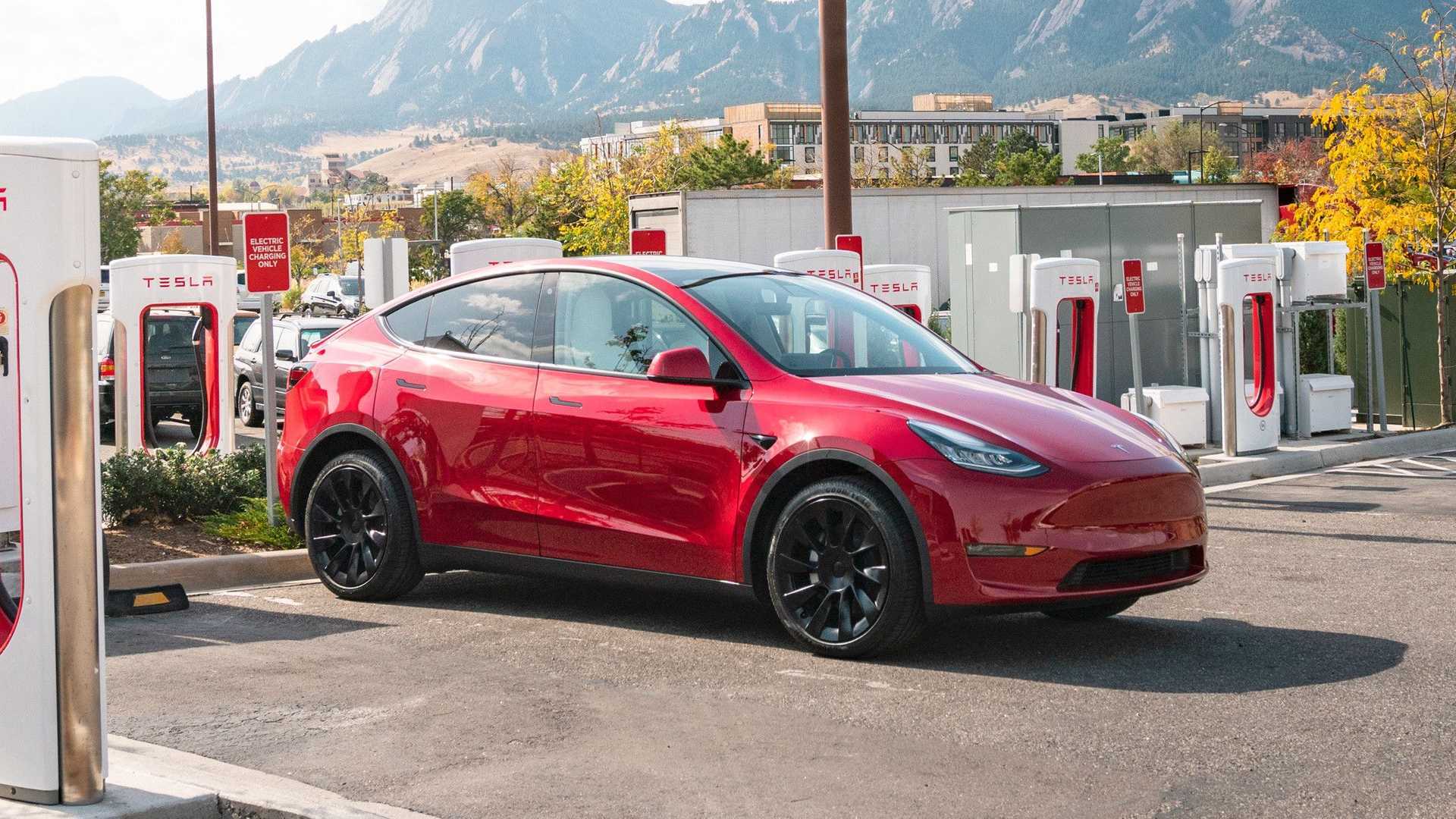
The rise in hybrid vehicle market share to 13.3% in the fourth quarter of 2023 suggests a temporary shift towards more affordable and versatile alternative fuel vehicles, posing challenges for pure electric vehicles like those offered by Tesla.
Despite these challenges, Tesla’s expansion of Giga Texas, the relocation of LFP battery manufacturing to the US to qualify for the EV federal tax credit, and the upcoming release of a sub-$25,000 model may help the company regain momentum. Nevertheless, Tesla, often considered more than just an automaker by its CEO, Elon Musk, faces increasing scrutiny as it navigates a changing market while advancing in autonomous driving and other technological fields. Musk’s unyielding approach, however, continues to be a point of contention for both investors and customers alike.

